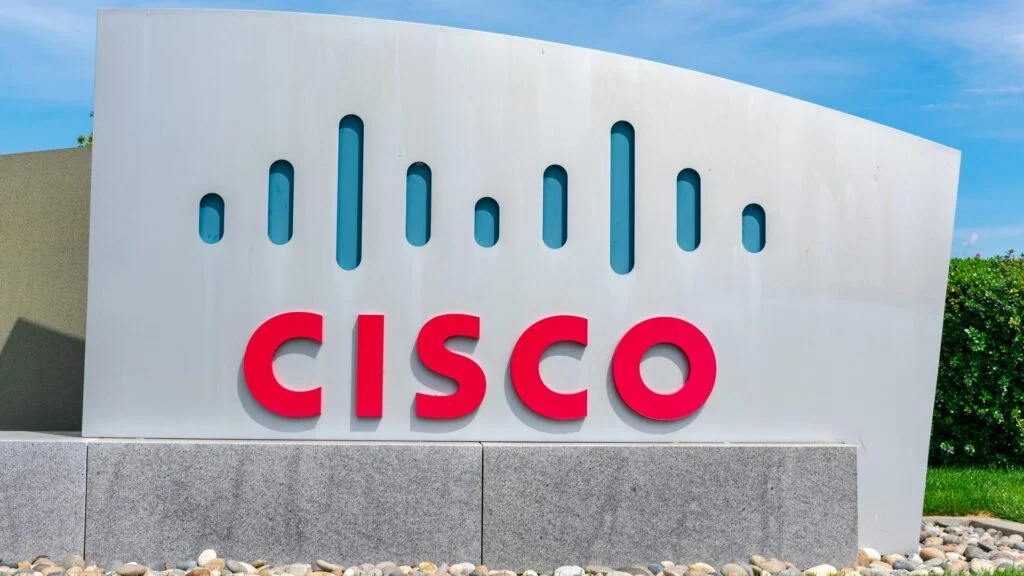Evaluator Group Labs has run numerous tests and benchmarks on Intel processors and Intel NVMe Optane SSDs. The latest was a series that documented best practices for building high performance SQL Server environments. Russ Fellows did a series of How-To-Videos outlining the team’s experiences and recommendations. Here is a short excerpt from the paper and the link to the videos. Enjoy!
How-to Guide on Building SQL Server Always on Availability Group Solutions
”Beginning with SQL Server 2016, SQL Server Basic Availability Group is available with SQL Server Standard Edition, enabling HA options for users at a significantly lower cost point.
SQL Basic Availability supports only two nodes, and the secondary cannot be used for queries or creating backups. Additionally, each availability group can contain a single database instance. The full featured, SQL Server Advanced AG supports up to 8 copies, with secondary copies available for read-only queries and backup creation, along with enabling an availability group to contain multiple database instances. SQL Server Advanced AG requires a SQL Enterprise license.
Another benefit of using SQL AG is that only a single SQL Server license is required for the primary (active) copy, with all other replicas (up to 8) requiring only Windows Server licensing. This enables highly available SQL Server solutions without incurring additional software licensing fees. No additional license costs are incurred when using SQL AG for highly available SQL Server, with both editions supporting HA failover using either asynchronous or synchronous replication.
In summary, Microsoft SQL Server Always on Availability Groups are a no-cost method of providing database high availability and consistency, that enables SQL Server applications to operate without failures even when individual systems fail. SQL AG relies upon a shared-nothing software architecture for HA, without imposing hardware requirements.”
Author Information
Now retired, Camberley brought over 25 years of executive experience leading sales and marketing teams at Fortune 500 firms. Before joining The Futurum Group, she led the Evaluator Group, an information technology analyst firm as Managing Director.
Her career spanned all elements of sales and marketing including a 360-degree view of addressing challenges and delivering solutions was achieved from crossing the boundary of sales and channel engagement with large enterprise vendors and her own 100-person IT services firm.
Camberley provided Global 250 startups with go-to-market strategies, creating a new market category “MAID” as Vice President of Marketing at COPAN and led a worldwide marketing team including channels as a VP at VERITAS. At GE Access, a $2B distribution company, she served as VP of a new division and succeeded in growing the company from $14 to $500 million and built a successful 100-person IT services firm. Camberley began her career at IBM in sales and management.
She holds a Bachelor of Science in International Business from California State University – Long Beach and executive certificates from Wellesley and Wharton School of Business.







